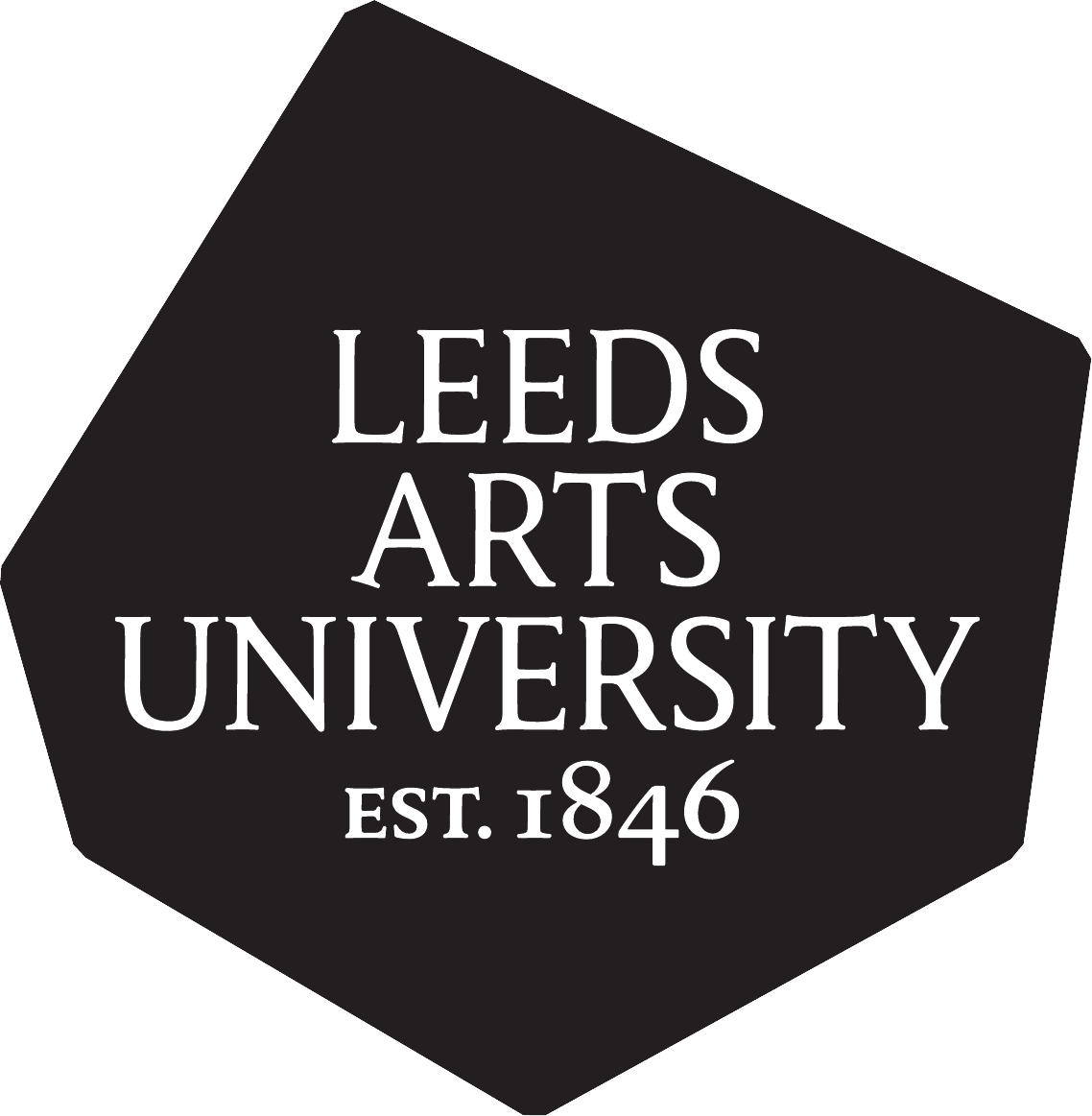A case study of collaborative practice: working to promote cross-curricular thinking and making within schools.
Pratt, Caroline 

Abstract
Within the changing landscape of secondary education, the role of making and creative thinking is increasingly marginalised within the curriculum. As a result, we are seeing an emerging skills shortage for those contemplating studying not just fashion and textiles or other creative disciplines but also courses that value the ability to work creatively and blend a mix of attributes at a higher level. The case study outlined in this short paper, documents a project undertaken as part of the Crafts Council’s (2017) Make Your Future initiative which looks to partner schools, art teachers, makers and higher education institutes, with the aim of promoting craft and making to the next generation. The project saw Wadkin and Pratt collaborate with a selection of key stage 3 students across two schools, with the aim of encouraging greater take up of Textiles and Fashion as a GCSE subject, helping to develop essential skills for creative thinking and improving motor skills in relation to making. Drawing upon the textile heritage of the North of England, United Kingdom (UK), students developed contemporary fashion print outcomes that reinterpreted traditional woven textile techniques for the sportswear market. The focus was on improving hand skills through analogue design methods, while linking with technology, science and mathematical concepts to further cross-disciplinary thinking. In addition, key stage 3 students involved with the project were introduced to roles within textiles and fashion not currently explored within the curriculum. The project culminated in a collaborative exhibition at Leeds Arts University, celebrating the work produced across a number of institutes involved in similar projects across the region. As a result of this project, participants were given the opportunity to develop and explore competences required within the fashion and textile industries thus promoting the need for universities to work with schools in order to protect creative education, foster essential skills and inspire the next generation of designers and creative thinkers.
Actions (login required)
 |
Edit Item |

